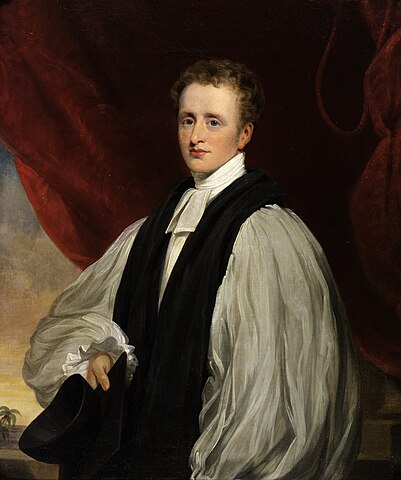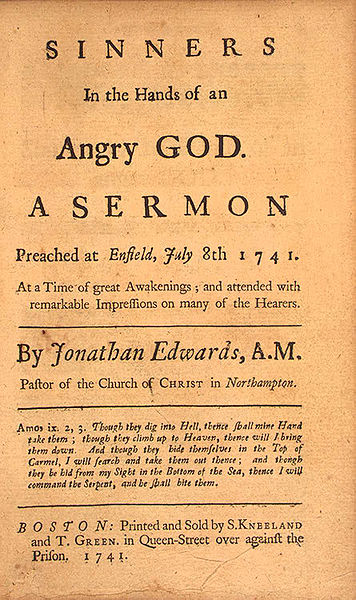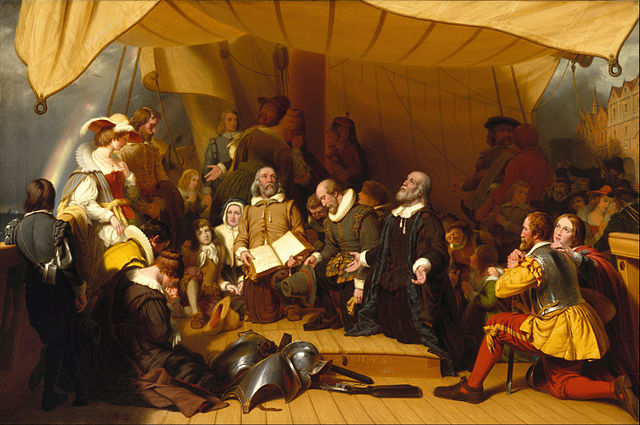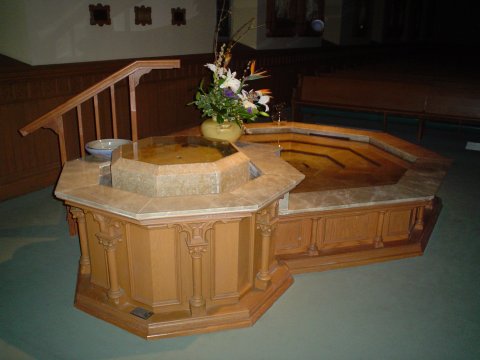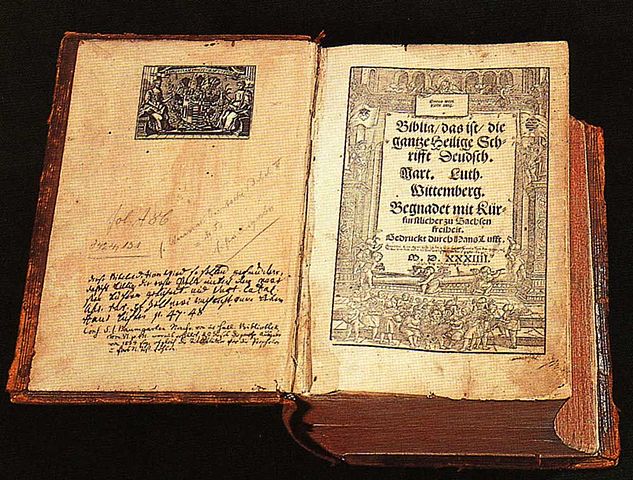We just learned about the
Believer's Baptism.
Another part of early Christianity is
Heliocentrism.
Long ago people in the world saw the sun come up one side of the sky and then go down in the other.
People thought that the world was flat, and the sun was up in the sky going around the earth.
Later on people changed and agreed that the world was not flat but that it was a globe, but they still believed that the sun went around the earth.
Through the years a few scientists tried to tell people that the earth actually went around the sun, but people did not believe them.
The idea that the earth is at the middle of the universe is called geocentrism.
The idea that the earth actually orbits around the sun is called heliocentrism.
In 1610 AD the astronomer Galileo wrote a paper called "Sidereus Nuncius" which means Starry Messenger, telling people about how he beleived the earth orbited around the sun.
The church was very upset because they believed that if the earth was not the center of the universe, then that would mean it was not special or that it went against something that was in the Bible.
Galileo was put on trial and was found guilty, and told he was not allowed to teach people that because they thought it was not true.
The astronomer Copernicus had said the same thing many years earlier, but people did not believe him either.
Galileo's and Copernicus' books were banned for their whole lives, and the church did not allow them to be printed until about 200 years later.

(from: wikipedia -
heliocentrism)
Kid Facts - Blast from the past: Vikings and Christians
